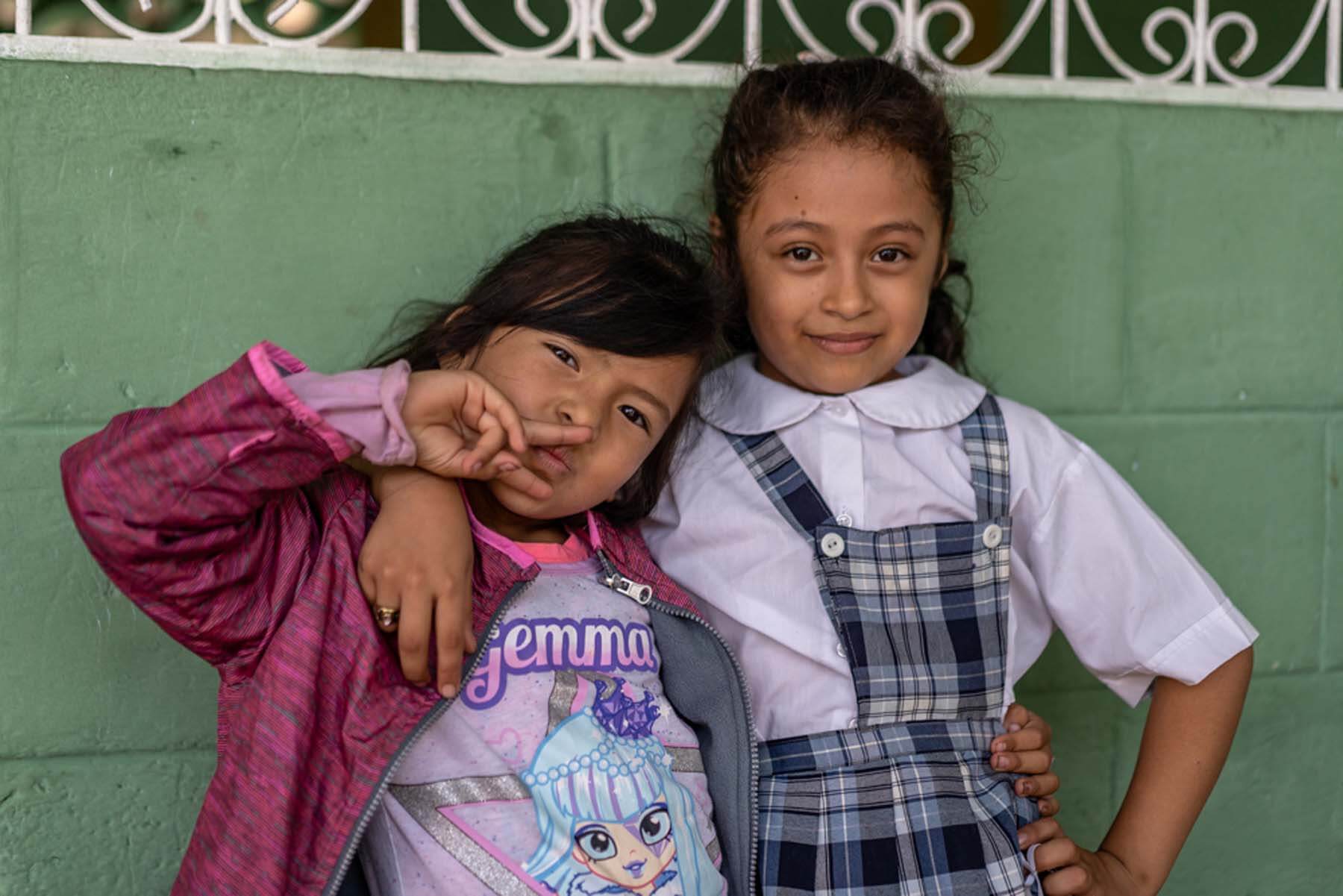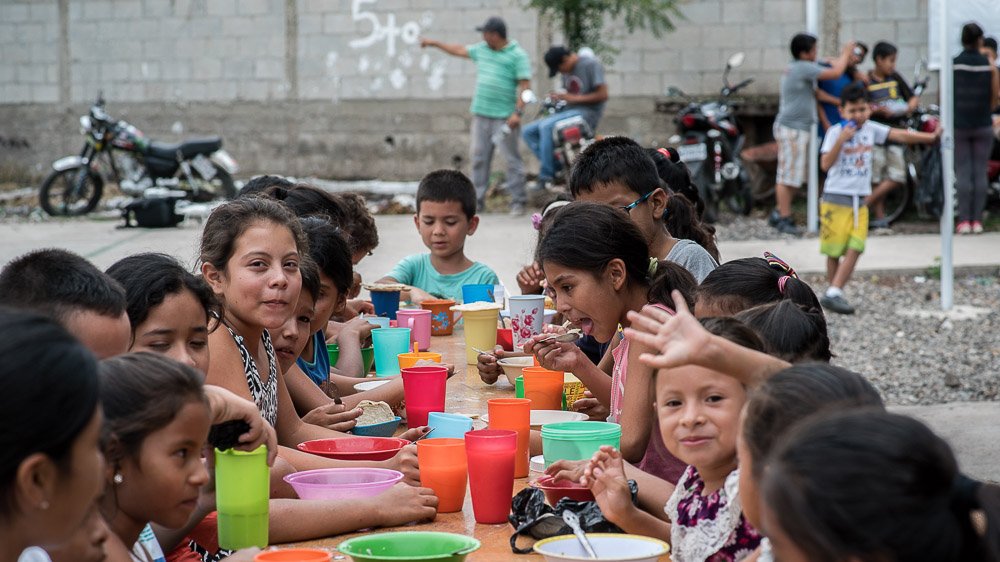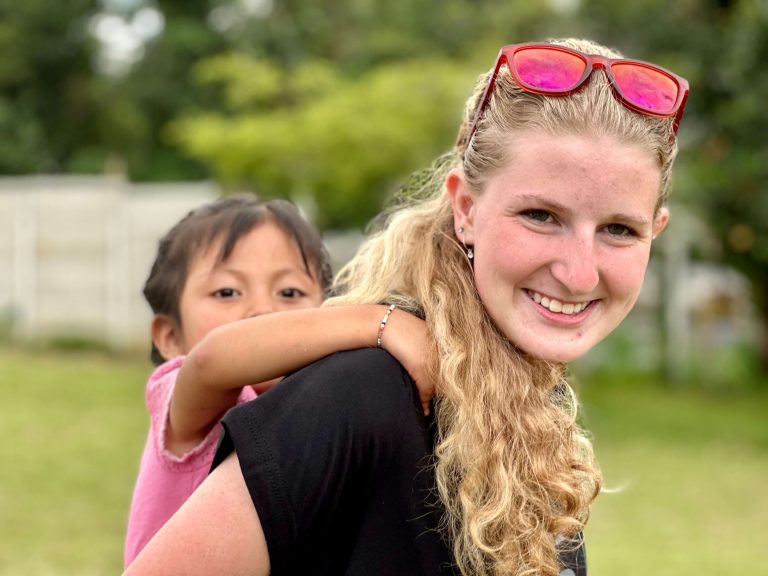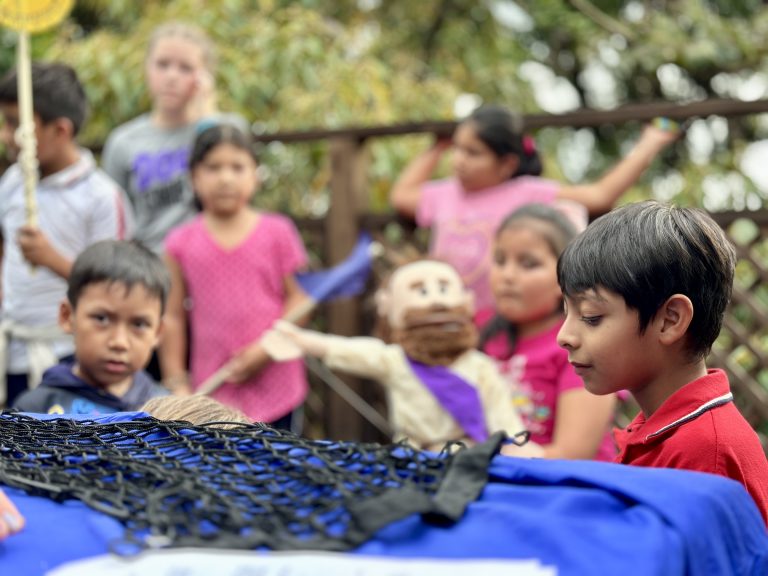According to UNICEF, in Guatemala, one in two children suffer from chronic malnutrition. Malnutrition is most evident in Guatemala’s dry corridor, in which the region of Chiquimula is a part of. The small village of Jicamápa (in the state of Chiquimula) has a population close to 1,600 people and most of their residents have limited resources. The village is mostly a bean and corn farming community, and those who do not work in agriculture work in nearby tomato fields cutting tomatoes, in masonry, or as domestic workers in other municipalities. Families’ income ranges from $125 to $150 per month, 30.76% of the minimum income according to Guatemalan law.
The village of Jicamápa has a high level of chronic malnutrition, and due to the low salaries that the families of these children receive, there is not enough money to be able to fight and fix this problem.
In general, Ipála county also suffers from a lack of education, with 30% of its population being illiterate, 26% being able to read and write, and only 7% graduate from high school. It’s safe to assume the numbers of illiteracy are higher and the access to education is lower since Jicamápa is one of Ipála’s smallest villages.
What is UNUM’s strategy in Jicamapa?
The goal is to daily feed 225 children that are enrolled in the public school. We have learned that feeding them during school lunchtime gives us consistent access to the children, their mothers, and helps us partner with the community to distribute the food. In addition to feeding to the children, we’re committed to fulfilling UNUM’s holistic model of care- of the mind, body, and spirit, intending to improve the quality of life sustainably while they’re continuously being exposed to the Gospel, God’s love, and discipleship.








